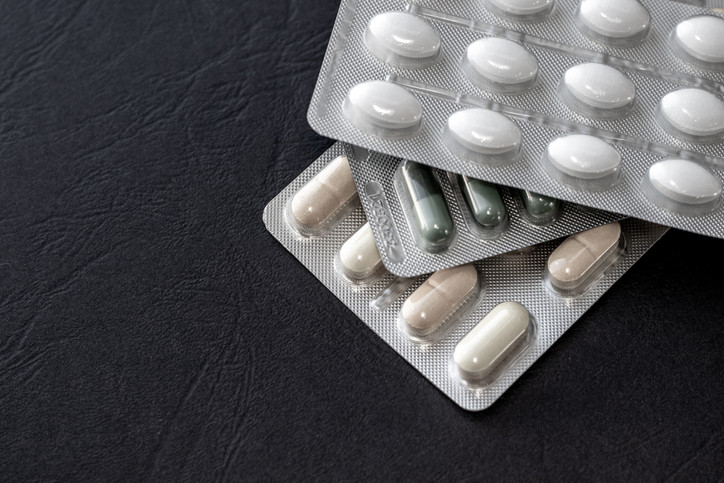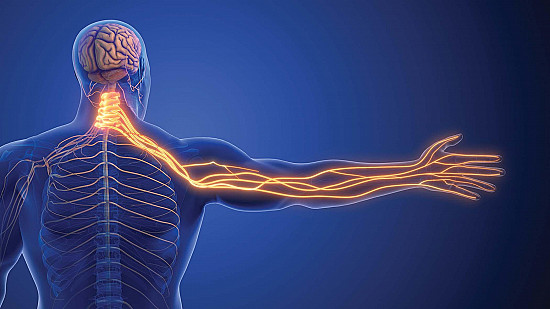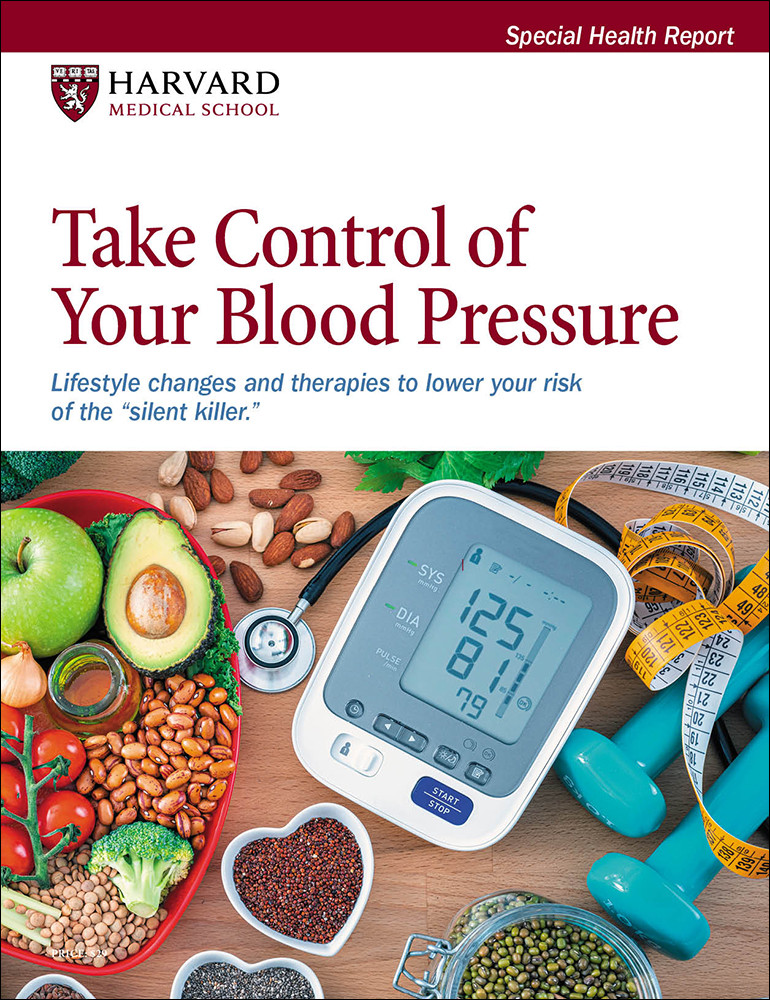Acetaminophen might worsen high blood pressure
In the journals
- Reviewed by Howard E. LeWine, MD, Chief Medical Editor, Harvard Health Publishing; Editorial Advisory Board Member, Harvard Health Publishing

Acetaminophen (Tylenol) is often the pain reliever of choice for people with high blood pressure (hypertension) because most other options are types of nonsteroidal anti-inflammatory drugs like ibuprofen (Motrin, Advil) or naproxen (Naprosyn, Aleve), which can raise blood pressure. But a study in the Feb. 8, 2022, issue of Circulation suggests acetaminophen might have the same effect.
Researchers randomized 110 hypertension patients with no chronic pain to take either 1,000 milligrams (mg) of acetaminophen or a placebo four times daily for two weeks. After allowing time for the drugs to leave their system, they took the other type of pill for another two weeks. Blood pressure was measured before and after each treatment period. The results showed that in people who used high-dose acetaminophen, systolic blood pressure (the top number) increased about five points more than those who took a placebo.
This doesn't mean people with hypertension should never take acetaminophen for aches and pains. Yet, it's best to use the lowest effective dose, and no more than two regular-strength (325-mg) tablets every six hours, or two extra-strength (500-mg) tablets every eight hours. If those who take acetaminophen regularly notice higher blood pressure readings, they should reduce their dosage or discuss with their doctor.
Image: © AMphotography/Getty Images
About the Author

Matthew Solan, Former Executive Editor, Harvard Men's Health Watch
About the Reviewer

Howard E. LeWine, MD, Chief Medical Editor, Harvard Health Publishing; Editorial Advisory Board Member, Harvard Health Publishing
Disclaimer:
As a service to our readers, Harvard Health Publishing provides access to our library of archived content. Please note the date of last review or update on all articles.
No content on this site, regardless of date, should ever be used as a substitute for direct medical advice from your doctor or other qualified clinician.
















